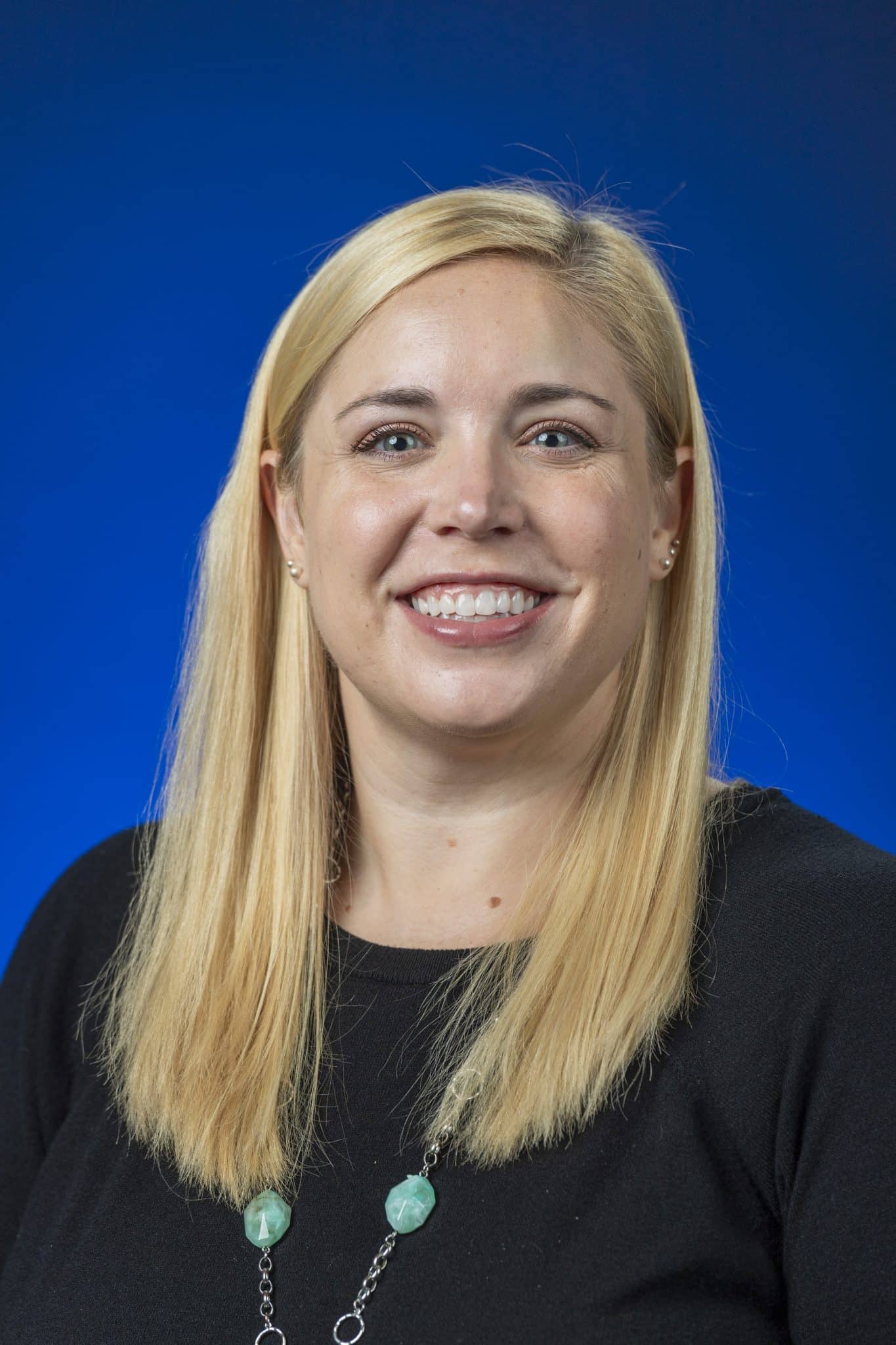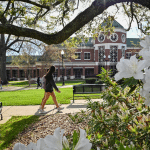A new University of Mississippi study shows gambling is widespread among college students, with sports betting emerging as one of the most common and riskiest activities despite being illegal in Mississippi.
The study, conducted by the William Magee Institute for Students Wellbeing, surveyed students from seven Mississippi universities and found that 39% reported gambling in the past year. Of those, 16% engaged in sports gambling. While that percentage was lower than lottery play (18%) and card betting (17%), sports betting carried greater risks with 10% of students who bet on sports being at moderate risk for problem gambling and 6% meeting the criteria for problem gaming as defined by the American Psychiatric Association.
“These betting activities are more prevalent among certain groups of college students,” said Hannah Allen, executive director of the Magee Institute and a public health assistant professor. “We found that gambling was more prevalent among students who were male, white, lived off campus, participated in sports, and were involved in Greek life.”

Researchers also found that younger, male students at Division I universities were more likely to bet on sports. Even though mobile sports gambling is not legal in Mississippi, students still found ways to place bets. A majority (57%) said they used online sportsbooks based in the U.S. or Canada. Others used offshore sites, family, friends, black-market bookies, or casinos.
Advertising also played a role in exposure. More than a third of students (36%) reported seeing daily sports betting ads, while the other 38% said they saw them weekly.
The consequences of gambling are often serious. Students cited losing money, feeling ashamed and regretting their decisions as the most common harms. Researchers noted that nonwhite male students, though gambling less frequently, reported that there were more negative consequences when they did participate.
“It’s important to note that not everyone experiences the same level of consequences,” Allen said.
10% of students who bet on sports were classified as being at moderate risk for problem gambling, while 6% met the criteria to be classified as problem gamblers, Associate professor of social work, Daniel Durkin said.

The study included students from the University of Mississippi, including its medical center campus, as well as Alcorn State University, Delta State University, Jackson State University, Mississippi University for Women, Mississippi Valley State University, and the University of Southern Mississippi.
Although Mississippi students reflect national trends, researchers warn that the harms could grow if colleges and families do not act. Allen and Daniel Durkin, an associated professor of social work at UM, recommend universities to incorporate gambling awareness into existing wellness programs focused on alcohol, drug use, or financial literacy, while also improving campus counseling services.
“College campuses need improved prevention efforts — that could include health education, media campaigns, access to information and resources for students,” Allen said. “There also needs to be increased screening and referral to treatment in our campus counseling and health centers.”
Durkin added that conversations at home are also essential.
“We really want parents to start talking to their kids about gambling because we’re finding out more and more that these conversations just aren’t happening,” he said. “A lot of parents just aren’t aware that these problems are developing, and that would just be a good start: just have a conversation.”








